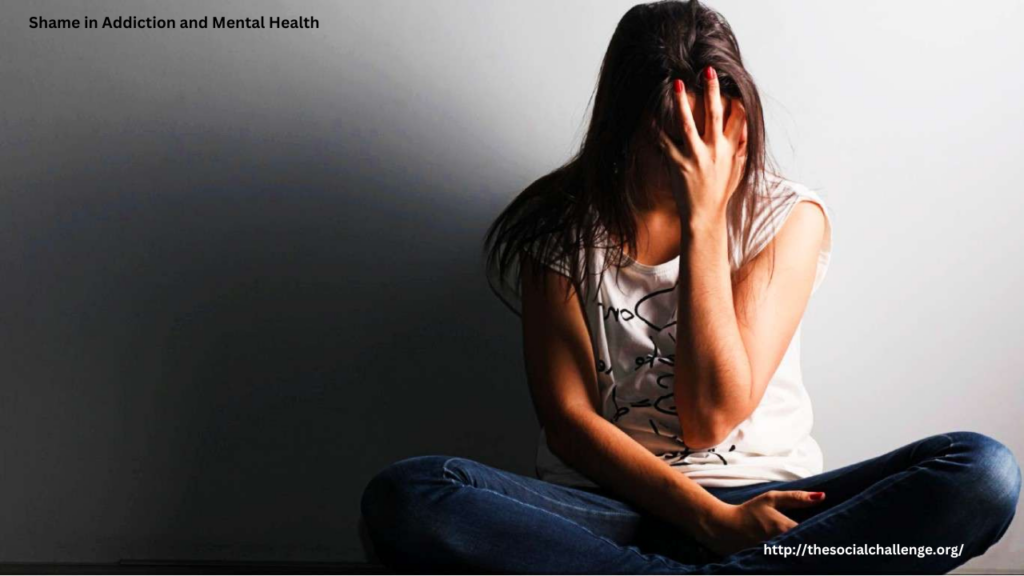
For far too long, addiction and mental health disorders have been shrouded in stigma, misunderstanding, and shame. Those struggling with these conditions often face judgment instead of support, making it harder for them to seek help and recover. However, we are witnessing a shift—a new era where society is beginning to embrace compassion, education, and support instead of blame and discrimination. By fostering a culture of understanding, we can replace shame with hope and create a world where those battling addiction and mental illness feel empowered to heal.
The Weight of Shame in Addiction and Mental Health
Shame is one of the most significant barriers preventing individuals from seeking help for addiction and mental health disorders. Many people struggling with substance use or mental illness feel isolated and fear being judged. This stigma often stems from outdated beliefs that addiction is a moral failing or that mental health issues are a sign of weakness. These misconceptions not only discourage people from reaching out but also contribute to a cycle of self-blame and despair.
The reality is that addiction and mental health disorders are medical conditions, influenced by genetics, brain chemistry, trauma, and environmental factors. Just as no one chooses to have diabetes or heart disease, no one chooses to struggle with addiction or mental illness. The more we understand the science behind these conditions, the more we can dismantle harmful stereotypes and replace them with empathy and support.
A Shift Toward Compassion and Support
Thankfully, the conversation around mental health and addiction is changing. More people are speaking openly about their struggles, breaking down the walls of secrecy and shame. Celebrities, athletes, and public figures are using their platforms to share personal stories, helping to normalize discussions around these issues. This shift encourages others to seek help without fear of judgment.
Communities are also stepping up to provide support systems that foster recovery. Mental health awareness campaigns, support groups, and policy changes are helping to create an environment where individuals can access the care they need without stigma. Schools, workplaces, and healthcare institutions are beginning to prioritize mental well-being, offering counseling services and mental health education to promote a more supportive culture.
The Role of Education in Changing Perceptions
One of the most effective ways to eliminate stigma is through education. When people understand that addiction and mental health disorders are medical conditions, they are more likely to respond with empathy rather than judgment. Schools and workplaces should integrate mental health education into their programs, teaching people how to recognize signs of distress and support those in need.
Media representation also plays a crucial role. By portraying addiction and mental health with accuracy and sensitivity, movies, TV shows, and news outlets can help shape public perception. Rather than sensationalizing these issues or reinforcing harmful stereotypes, media should highlight stories of recovery, resilience, and hope.
A Future Built on Support and Understanding
The movement from shame to support is not just about changing attitudes—it’s about saving lives. When we create a culture where people feel safe seeking help, we give them the opportunity to heal. By continuing to challenge stigma, invest in education, and build support networks, we can ensure that no one has to suffer in silence.
This new era of understanding addiction and mental health is one where compassion replaces condemnation and where every individual has the chance to recover with dignity. The path forward is clear: we must replace shame with support and judgment with hope. Only then can we build a world where mental health and addiction are treated with the care and respect they deserve.